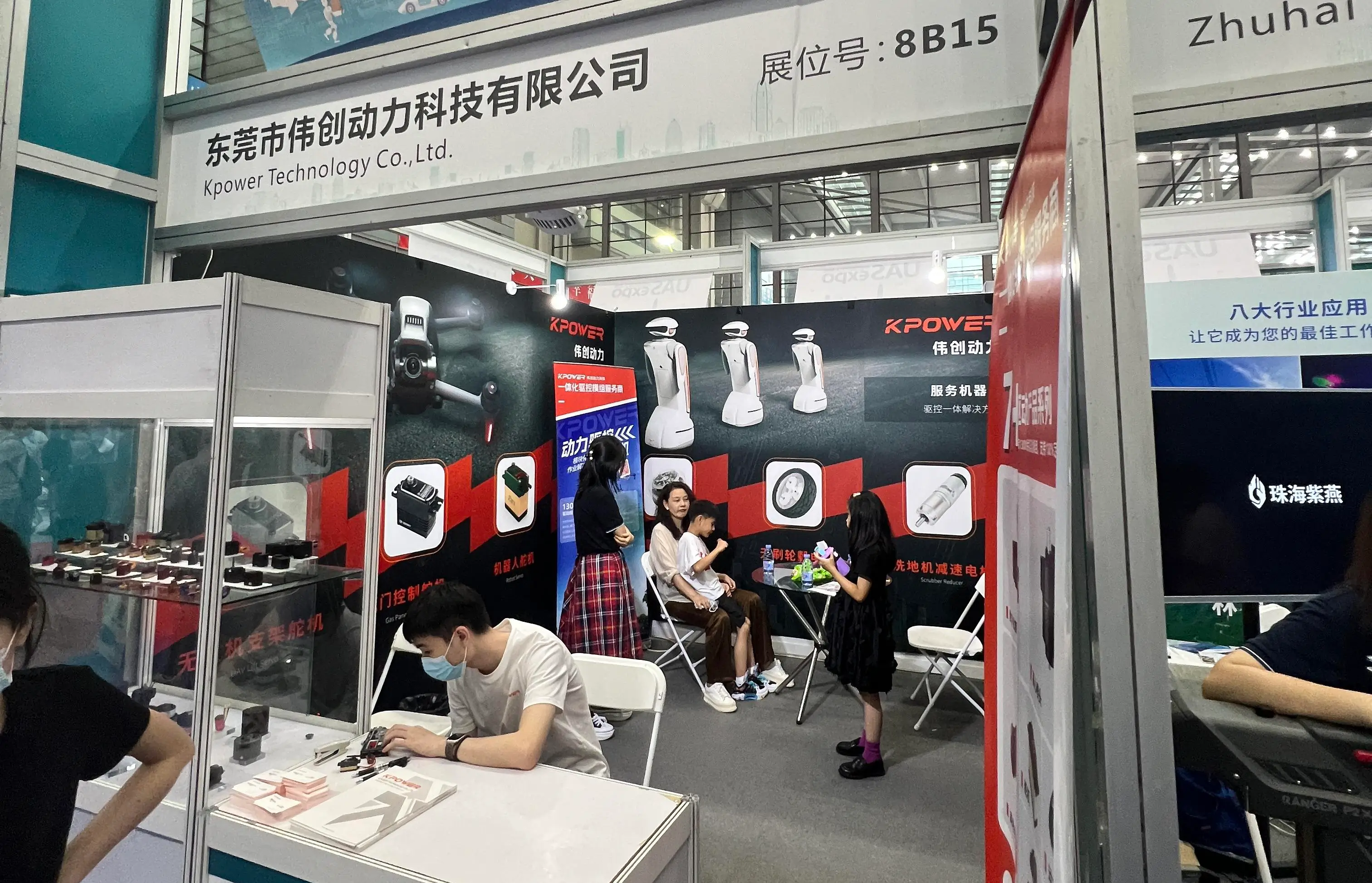Ever tried juggling a bunch of projects at once, only to find your system crawling under the weight? That’s where microservices come to the rescue, and guess what? Docker makes that magic happen smoother than ever. If you’re looking to streamline your development process, scale your applications effortlessly, and keep your deployment clean, then focusing on developing microservices with Docker is a game-changer.

Picture this: breaking down a monolithic app into smaller chunks, each doing its own thing. Instead of one giant code beast, you get compact, independent services. But the real kicker? You can run these services in isolated containers. No more worrying about dependencies clashing, or environment mismatches. Docker wraps each microservice in a neat container—like a delivery box that makes sure your app arrives just right, no matter where it goes.
Now, someone might wonder, “Is it complicated?” Honestly, it’s a lot simpler than it sounds. The learning curve? Not steep. Especially when you leverage Docker’s user-friendly architecture. You write a Dockerfile that outlines how your service should be built, and Docker takes care of the rest. Before you know it, deploying updates is as easy as running a command. Plus, because each microservice is self-contained, scaling just means spinning up more containers. Imagine a webshop needing more capacity during a big sale—no sweat, just more containers.
This approach isn’t just about convenience. It’s about boosting efficiency. Because when all services communicate over well-defined APIs, troubleshooting becomes straightforward. Bugs are isolated, and upgrades don’t disrupt the entire application. Think about deploying that new feature—you can roll it out incrementally, verify everything’s smooth, then breeze forward. Plus, with Docker’s widespread adoption, there’s a vivid community and plenty of resources, so support is always close at hand.
Sure, there are questions. Like, “Is deploying microservices with Docker secure?” Absolutely. When configured properly, containers add that extra layer of safety. You can also set up your networks and permissions just right. And for those who worry about managing dozens of containers, tools like Docker Compose make orchestration feel less like chaos, and more like a well-conducted symphony.
Developing microservices with Docker isn’t just a tech trend; it’s the future’s backbone for agile, resilient systems. Think about how delivering continuous updates has become second nature for giants in the field—why not catch that same wave? Once you see the flexibility and robustness that come with containerized microservices, going back to traditional approaches feels like trying to fit a square peg into a round hole.
Looking around, it’s pretty obvious—slim, adaptable, efficient. That’s the direction. Now, the real question: ready to give it a shot? Because with the right tools, developing microservices with Docker becomes less about struggle and more about mastery. And that kind of mastery, once achieved, opens up endless possibilities.
Established in 2005, Kpower has been dedicated to a professional compact motion unit manufacturer, headquartered in Dongguan, Guangdong Province, China. Leveraging innovations in modular drive technology, Kpower integrates high-performance motors, precision reducers, and multi-protocol control systems to provide efficient and customized smart drive system solutions. Kpower has delivered professional drive system solutions to over 500 enterprise clients globally with products covering various fields such as Smart Home Systems, Automatic Electronics, Robotics, Precision Agriculture, Drones, and Industrial Automation.




































